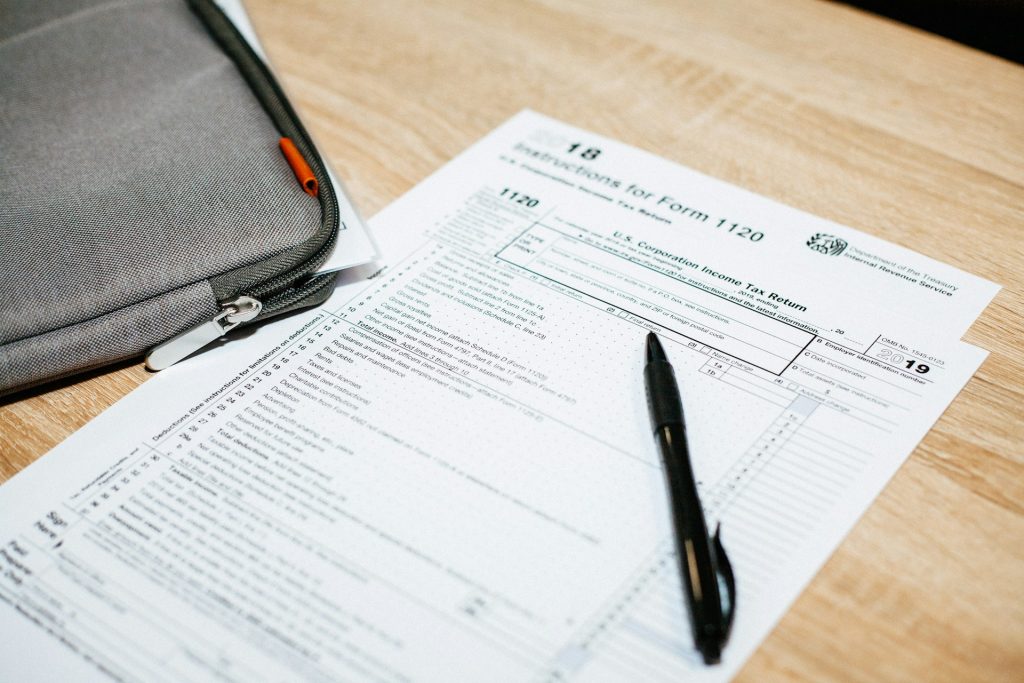
Talking to a financial planner can feel like opening up your entire life. You want to be honest, but some things are better left unsaid. Why? Because the wrong words can lead to bad advice, missed opportunities, or even a strained relationship. Your financial planner is there to help, but they’re not mind readers. What you say shapes the advice you get. If you want the best results, you need to know what not to say. Here are nine things you should never tell a financial planner—and what to do instead.
1. “I Don’t Really Track My Spending”
If you tell your financial planner you don’t track your spending, you’re making their job much harder. They need to know where your money goes to help you build a plan. Not tracking your spending means you might miss out on finding ways to save or invest. It’s okay if you’re not perfect, but try to bring at least a rough idea of your monthly expenses. There are plenty of free apps and tools that can help you get started. If you need help, ask for it. But don’t pretend your spending habits don’t matter.
2. “I’ll Never Retire”
Saying you’ll never retire might sound tough, but it’s not realistic. Life changes. Health issues, job loss, or family needs can force you to stop working. If you tell your planner you’ll work forever, they might skip important retirement planning steps. Even if you love your job, it’s smart to have a backup plan. Retirement planning isn’t just about quitting work—it’s about having choices later in life. The Social Security Administration shows how important it is to plan for retirement, even if you think you’ll never need it.
3. “I Don’t Need Insurance”
Some people think insurance is a waste of money. But telling your financial planner you don’t need it can leave you exposed. Life, health, and disability insurance protect you and your family from the unexpected. If you skip this step, you could lose everything you’ve worked for. Your planner isn’t trying to sell you something you don’t need—they’re trying to protect your future. Be open to a conversation about what coverage makes sense for you.
4. “I’m Not Worried About Debt”
Brushing off debt is a mistake. If you tell your planner you’re not worried about it, they might not push you to tackle it. Debt can eat away at your savings and limit your options. Even small debts add up over time. Be honest about what you owe, and don’t downplay it. Your planner can help you build a plan to pay it off, but only if you take it seriously.
5. “I Trust My Gut With Investments”
Relying on your gut for investment decisions is risky. If you tell your financial planner you make choices based on feelings, they might struggle to help you build a solid strategy. Investing is about facts, not feelings. Your planner uses data and experience to guide you. If you want to take risks, talk about it openly. But don’t ignore the value of a well-thought-out plan. FINRA explains why having an investment plan matters.
6. “I Don’t Want to Talk About My Family”
Your family situation affects your finances. If you avoid talking about it, your planner can’t give you the best advice. Marriage, kids, aging parents—all these things matter. If you’re planning for college, caring for a parent, or thinking about divorce, your planner needs to know. It’s not about prying; it’s about making sure your plan fits your real life.
7. “I Already Know What I’m Doing”
Confidence is good, but overconfidence can hurt you. If you tell your planner you already know everything, you might miss out on valuable advice. The financial world changes fast. Even experts need help sometimes. Stay open to new ideas and be willing to learn. Your planner is there to help you see things you might miss.
8. “I Don’t Want to Share All My Accounts”
Hiding accounts or assets from your financial planner is a big mistake. They need the full picture to help you. If you leave things out, your plan won’t work as well. It’s not about judging you—it’s about making sure nothing slips through the cracks. Be honest about all your accounts, even the ones you don’t use much.
9. “I’ll Just Wait and See What Happens”
Procrastination is the enemy of good financial planning. If you tell your planner you’ll just wait and see, you’re putting your future at risk. Markets change, life happens, and waiting rarely pays off. The sooner you start planning, the more options you have. Don’t wait for the “perfect” time—it doesn’t exist. Take action now, even if it’s just a small step.
The Real Power of Honest Conversations
The best financial plans start with honest conversations. Your financial planner can only help you if you’re open and clear about your situation. Hiding details or brushing off concerns won’t help you reach your goals. The more honest you are, the better your plan will be. Remember, your financial planner is on your side. Give them the information they need, and you’ll get advice that fits your real life.
What’s something you wish you’d told your financial planner sooner? Share your thoughts in the comments.
Read More
10 Financial Questions That Could Undo Your Entire Retirement Plan
7 Financial Assumptions That Collapse After One Health Emergency
The post 9 Things You Should Never Tell a Financial Planner appeared first on The Free Financial Advisor.

.jpg?w=600)





